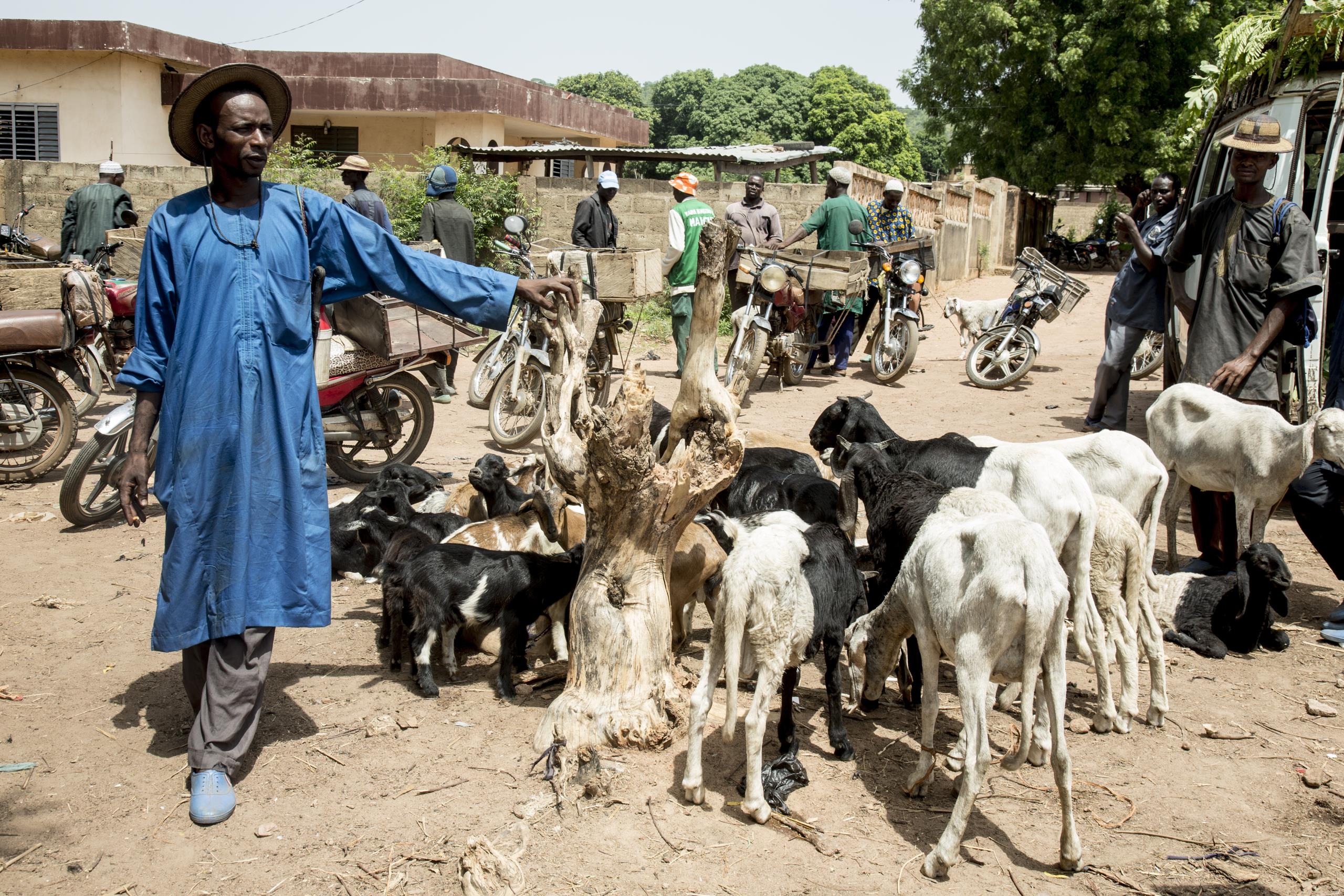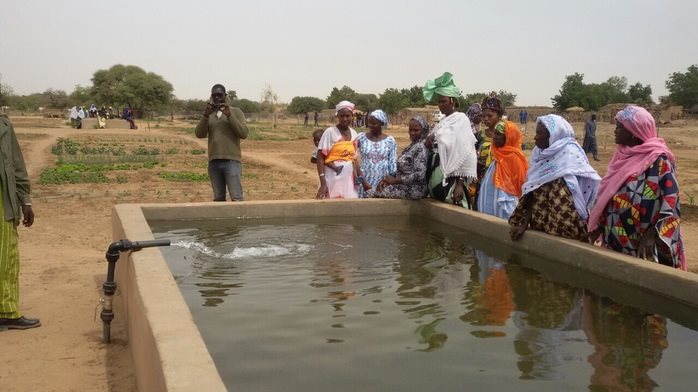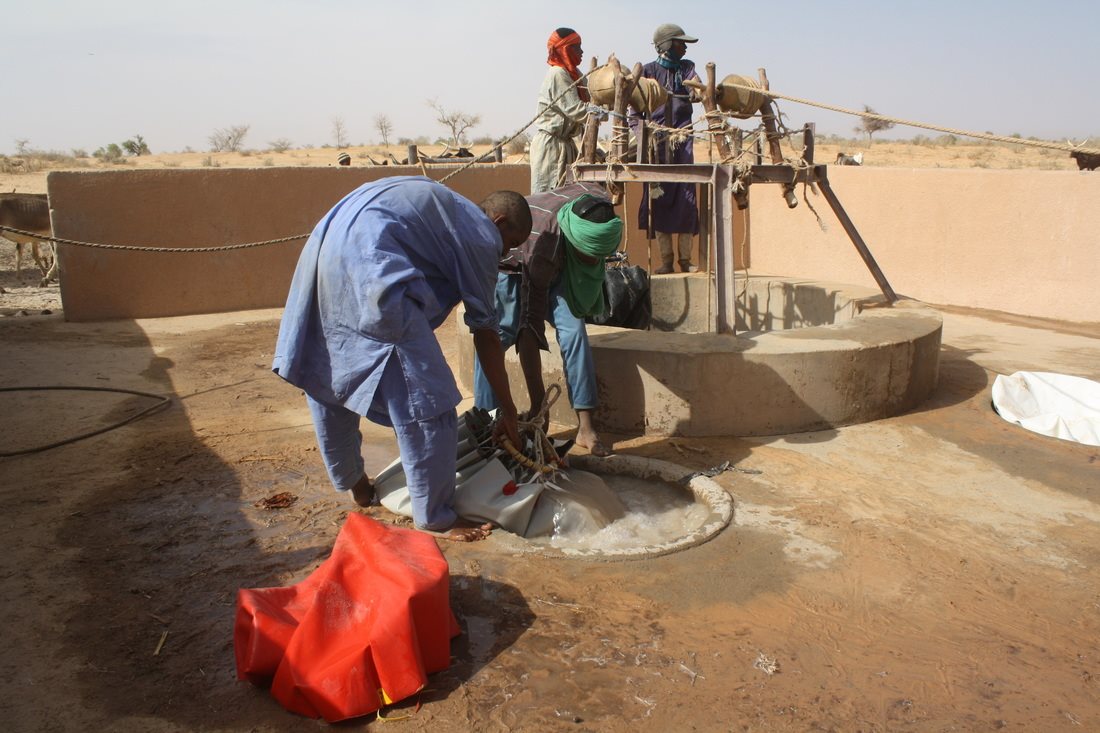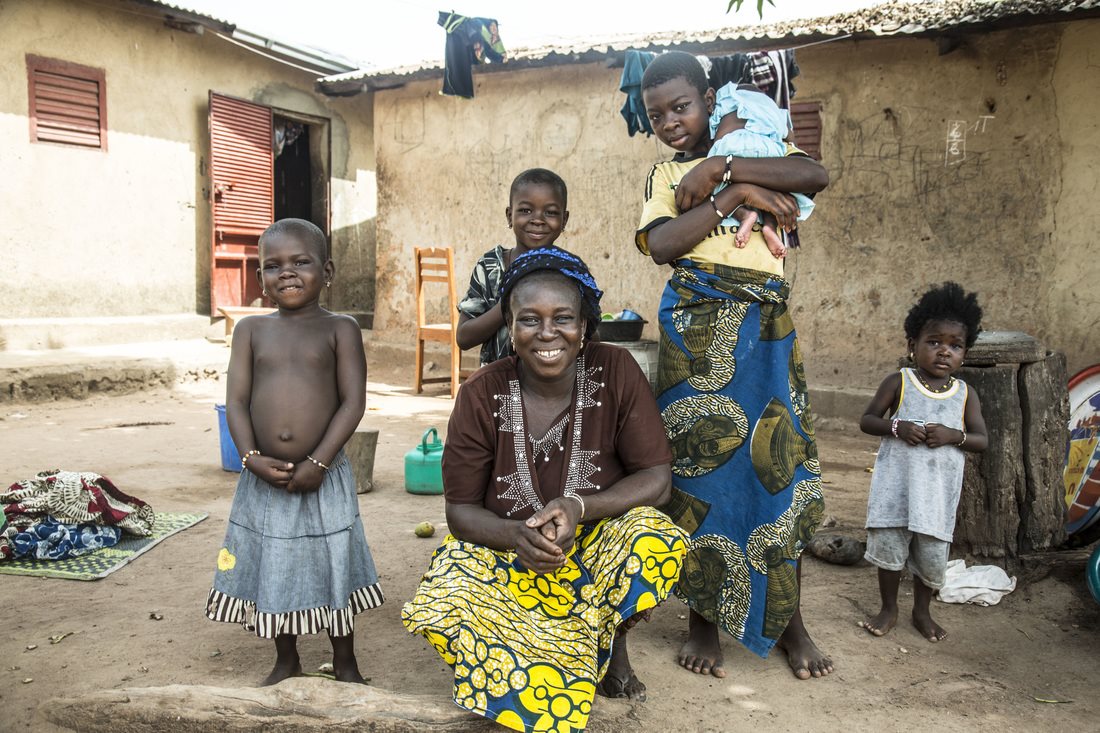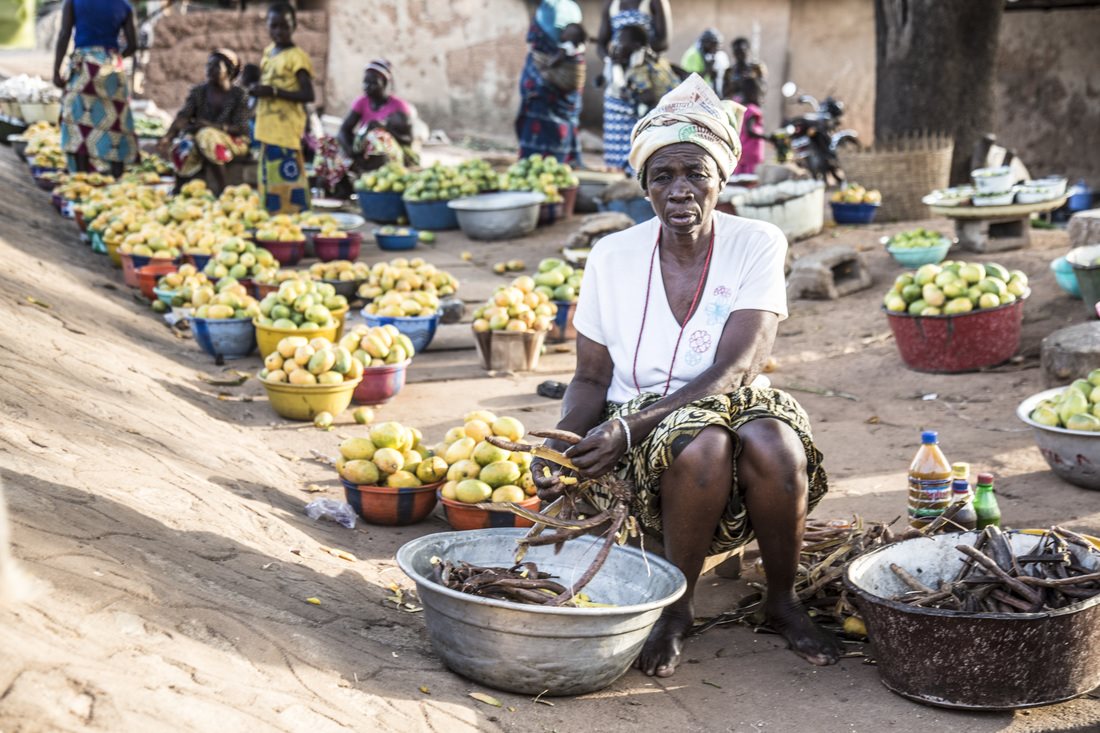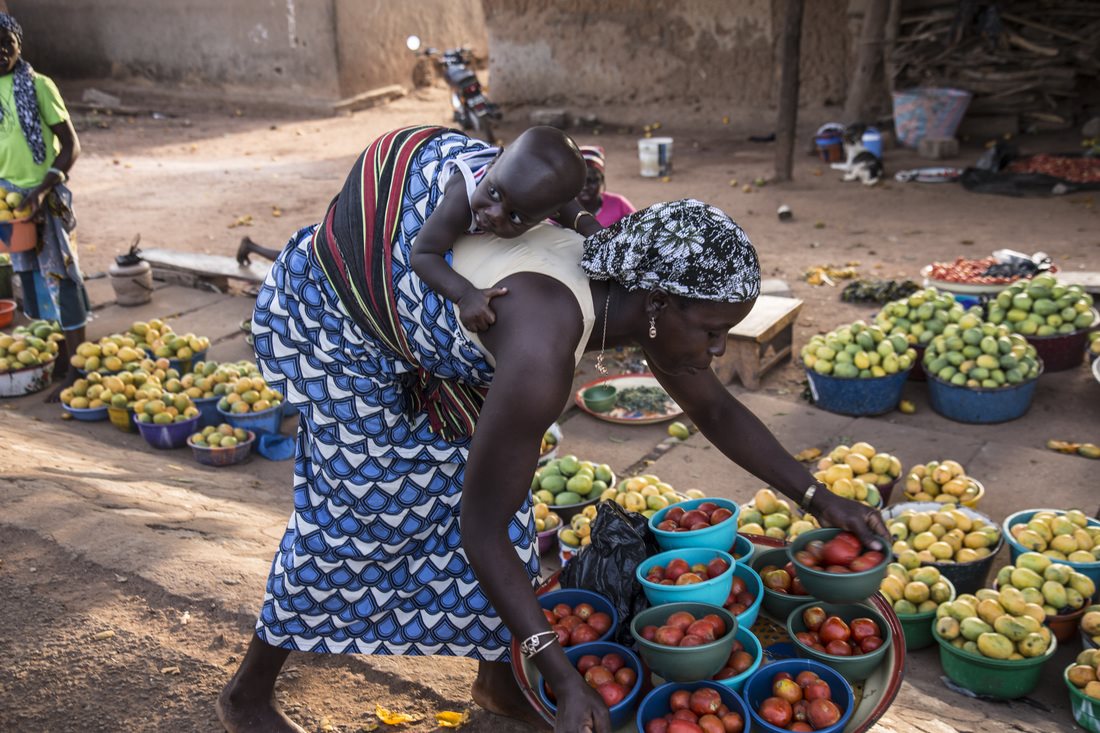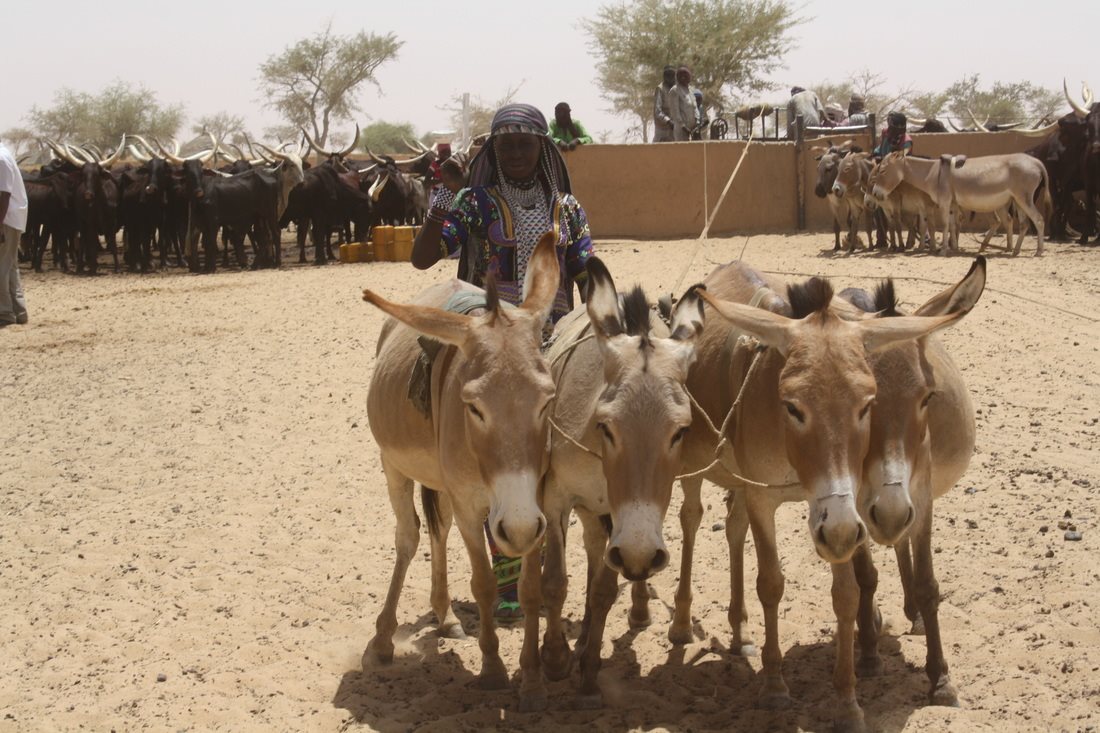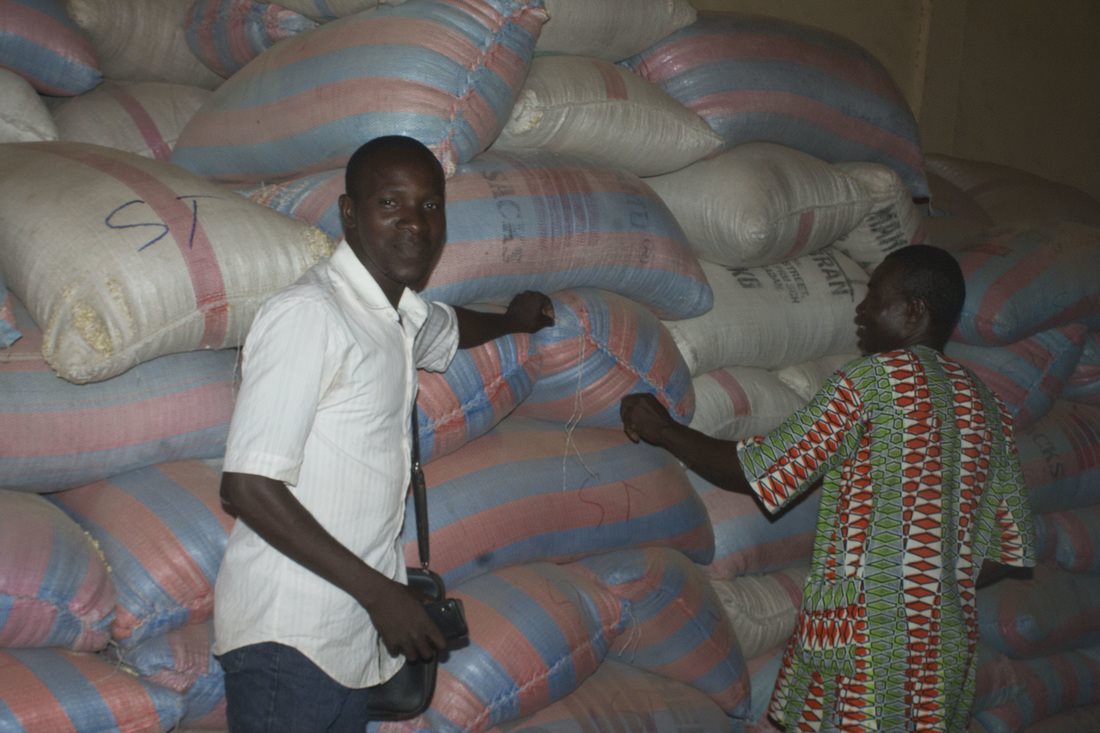The Challenge
Achieving Food Security and Nutrition (FSN) is a significant challenge for the developing world and critical to alleviating poverty.
Regional disparities have remained strong, but progress has not been made enough, especially in Sub-Saharan Africa. The main challenges in many LDCs are:
i) the lack of capacities of local governments to integrate FSN concerns into planning and budgeting cycles,
ii) the absence of inter-governmental transfer systems to fulfill this purpose,
iii) the lack of financing mechanisms to increase public and private FSN investments.
How We Are Helping?
Over the past few decades, UNCDF has developed tools and instruments to strengthen the role of local government and unlock the domestic capital - public and private - for local economic development. These instruments help mobilize and leverage resources for investments in infrastructure, basic services delivery and entrepreneurship by emphasizing the transformative impact. Based on this receptacle, F4F promotes the locally-nurtured pipelines of investable projects and public investments with an impact on the Local Food System (LFS). The programme addresses the issues on the lack of: i) the access to basic services, ii) public and private finance, iii) skills and coordination of FSN at the local level. It shall provide solutions for local FSN in Africa and Asia, increasing gender-sensitive public, public-private and community investments in order to fill missing links in the LFS. Overall, the F4F promotes soft and hard transformative FSN investments that retain value within the local space for sustainable economic growth in the LDCs.
What We Will Do Next?
To achieve effective food security interventions coordinated and facilitated through the Local Governments in LDCs, the F4F aims to: i) strengthen the capacity of Local Governments to be able to assess the Local Food Systems and identify priorities of interventions, ii) support integration of relevant food security interventions based on the FSN pathways, in the Local Development Plans including design, implementation and monitor system, iii) to set a complete menu of financing mechanisms (Local Development Fund and Structured Project Finance) and investments by providing strategic financing in the form of grants, loans, guarantees, equity, and/or quasi-equity, as well as advisory services and capacity building support made available at local level and iv) to promote territorial and LFS approach within food security communities of practice as well as wider development community.
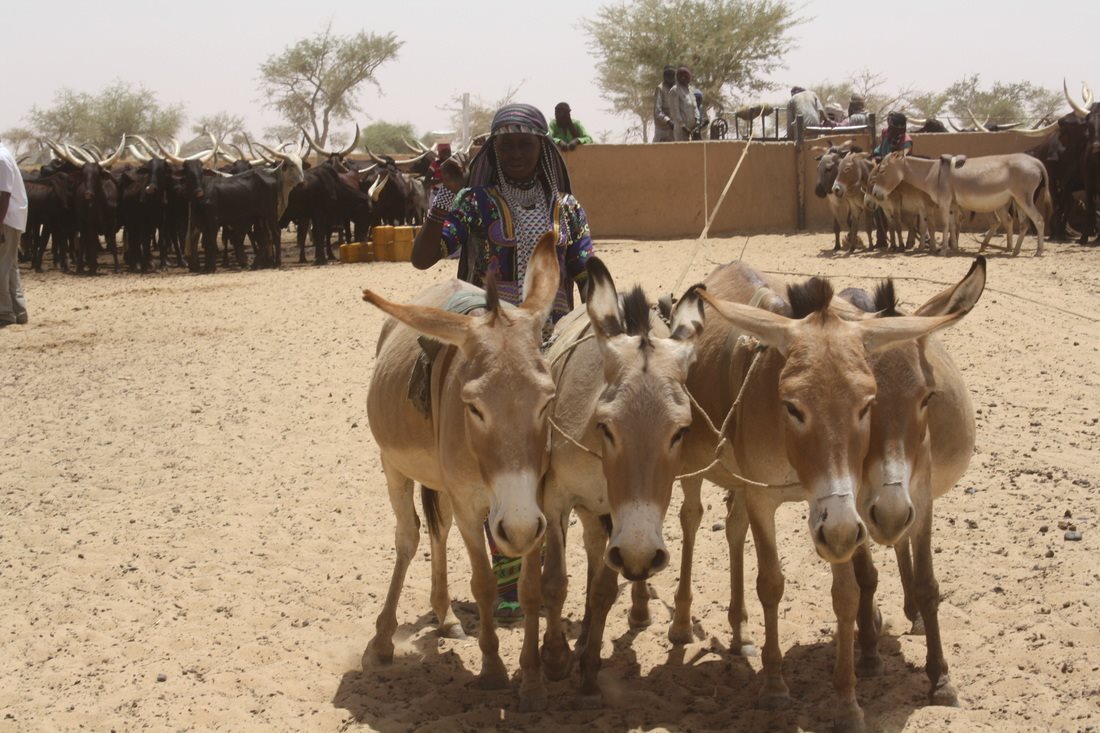



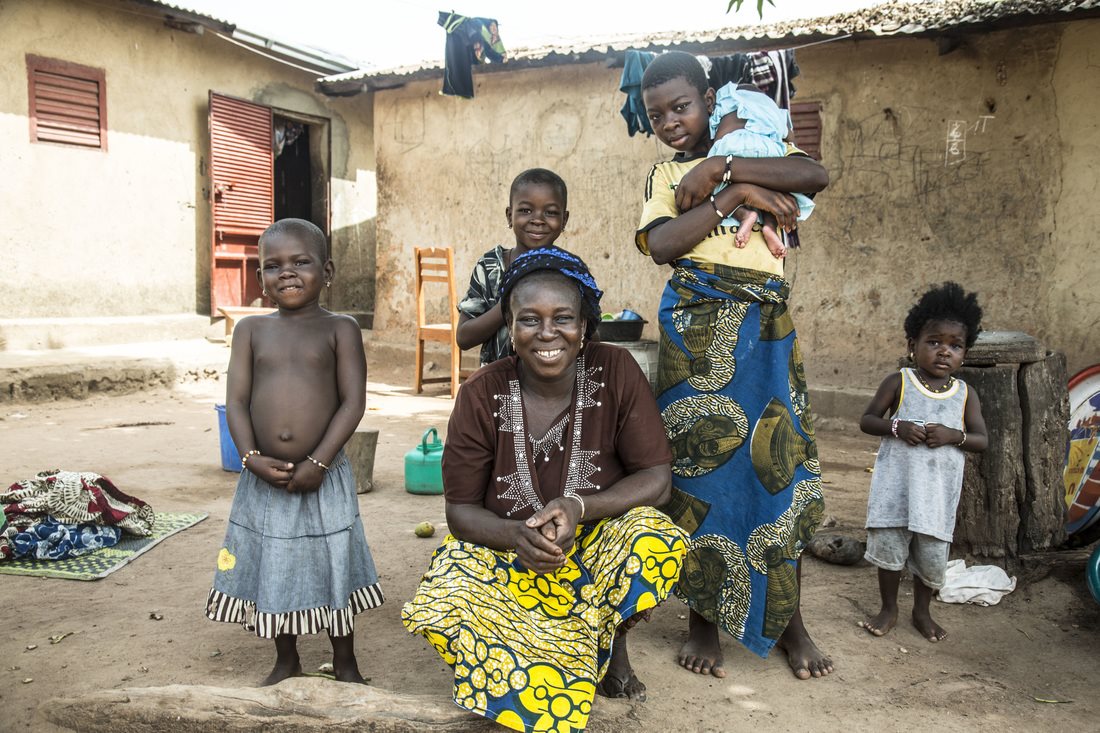
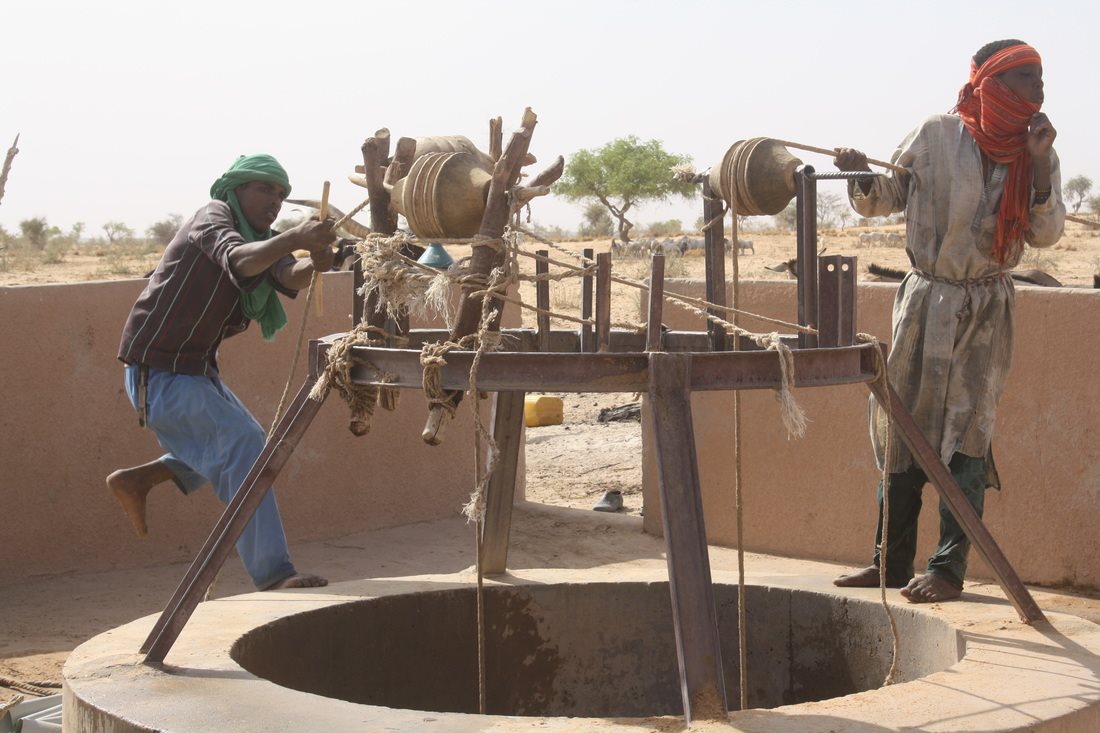
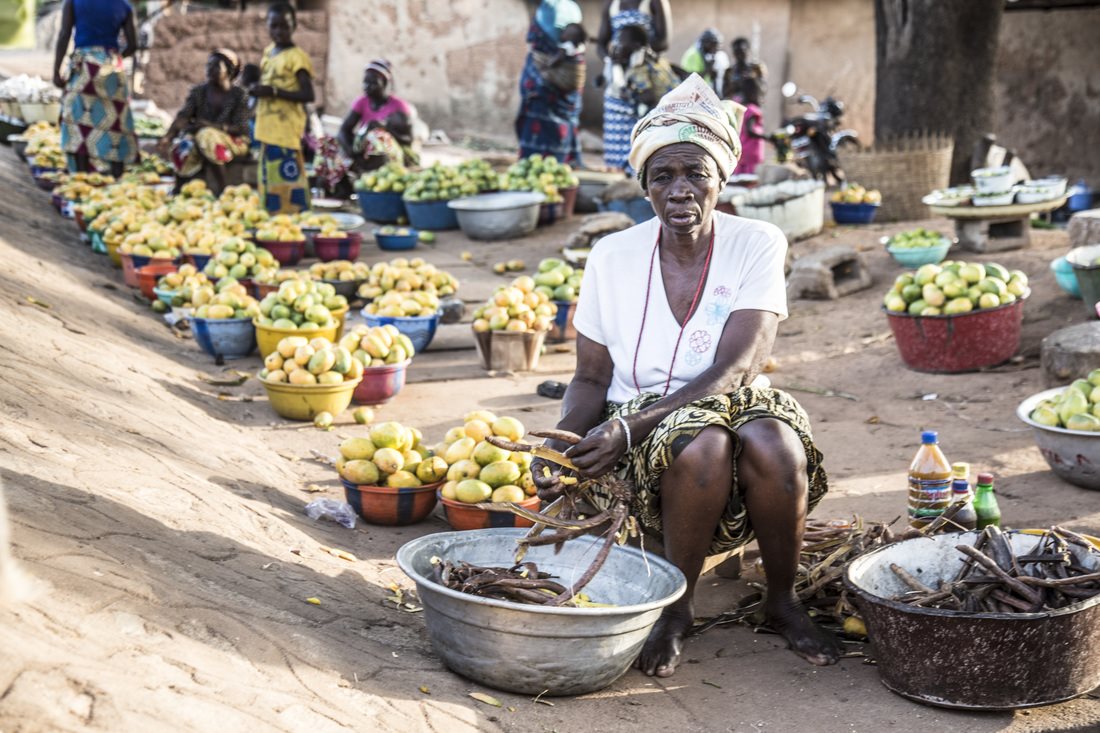


 Local Food
Local Food Local Economy
Local Economy Vulnerable
Vulnerable Women
Women Local Government
Local Government Capacity
Capacity Planning
Planning Food Security & Nutrition
Food Security & Nutrition